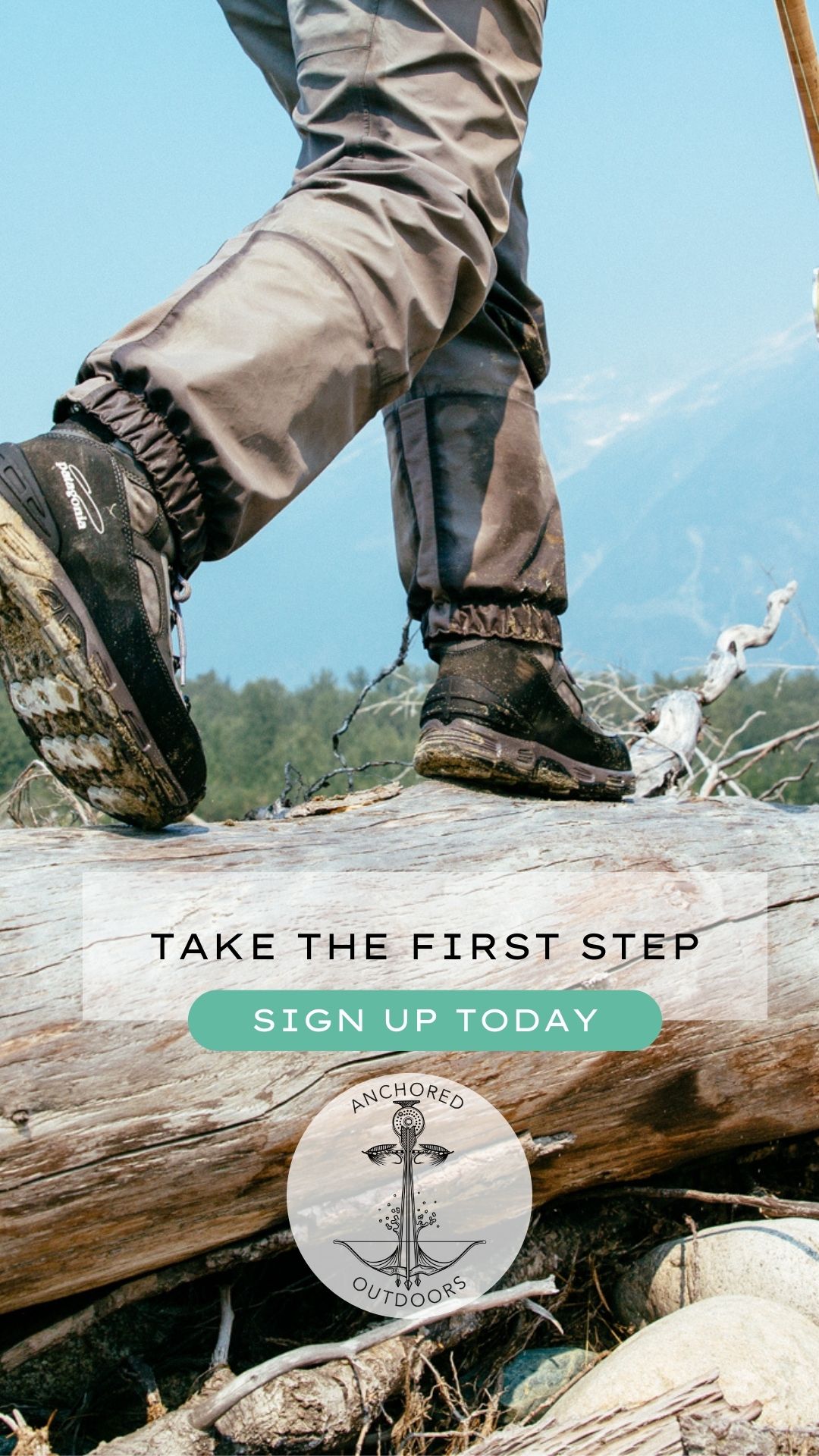You may be wondering why I invited a master herbalist to talk about foraging on a fly fishing podcast. The truth is that foraging has taught me to see nature in a whole new light and I want to share that experience with all of you. But if I’m going to introduce you to foraging I want to make sure that it is with an experienced guide. On this episode, you’ll meet master herbalist, Yarrow Willard, who will introduce you to foraging and herbal medicine. You’ll learn how to start foraging and which plants are best to begin your learning journey. Foraging has completely changed the way I see the world and I hope to share this fascinating hobby with all of you.
Outline of This Episode
- [4:55] Yarrow is the son of an herbalist born in Calgary, Alberta
- [12:10] How do you ensure that a small child won’t eat a plant they shouldn’t when foraging?
- [18:04] Learn 10 herbs a year
- [22:24] Does Yarrow mainly forage for medicine or food?
- [32:12] How to harvest the inner bark of a tree
- [39:08] 5 easy starter plants to learn
- [58:24] What’s the deal with lichens?
Yarrow strives to deepen our connection to the natural world
Maybe it was because he was named after a plant, or perhaps it was because his parents are herbalists, but it seemed destined that Yarrow Willard would be a nature enthusiast. His love of the outdoors began in childhood. He is a second-generation master herbalist. His father was instrumental in creating the herbal medicine movement in Canada and even founded the first herbal medicine college, Wild Rose College.
Yarrow’s mission is to deepen people’s connection to the natural world. He shares his wealth of knowledge in various ways — through grassroots movements, product development, and education. He shares his knowledge on YouTube and various social media channels. Check out his links below to start following him.
How to get into foraging for wild herbs
If you are wondering how to learn about foraging, Yarrow’s advice is to simply be curious. He mentions that if you are curious about something you’ll find the answer. If you want to know about a certain plant you can look it up online and in books and perhaps even nibble on it.
He doesn’t think you need to discover all the edible herbs at once. Instead, Yarrow recommends developing a more intimate relationship with a small number of plants. He recommends learning 10 new herbs per year, that way you’ll really get to know them well. You’ll be able to identify them and learn their taste, smell, and other qualities. After 5 years of study, you’ll know 50 herbs!
5 starter plants for aspiring foragers to learn
- Plantain – Plantain is also known as the white man’s footprint. Since it likes compact soil, it tends to be found wherever people are. It makes a great poultice for bites. Chew it up with some spit and put on bites and stings. This plant is a great anti-inflammatory both internally and externally.
- Red clover – Red clover is quite common and is easy to recognize. This plant is another anti-inflammatory. It enhances progesterone in women and is a gentle cleansing herb. The tips have a sweetness to them and you can use it to make a tea.
- Nettles – Nettles are highly nutritious and great for a starter diet of wild herbs. Yarrow uses them as a spring cleanse to restore the body after winter. Its seeds have omega oils and an adrenal tonic.
- Cottonwood buds – Cottonwood buds are also known as Balm of Gilead. They can be picked in winter and early spring. Create a healing balm with these buds after heating with olive oil. You can turn it into a salve or use it as an oil. Either way, it is great for carpal tunnel or sore joints and it is also good for the lungs.
- Dandelion – Dandelion is a fantastic starter plant since it is so abundant. This tenacious plant grows where people are so you’ll see it in cities and in parks more frequently than in the forest. Dandelion cleanses your liver and helps it function better. There is so much to learn about dandelions. They really are a plant for our times. Press play to find out why not every dandelion is created equally.
A curious mind is all you need to start foraging
There are so many fun plants to explore. Every ecosystem has healing herbs and food herbs as well. Start foraging by using your own curiosity. Observe, smell, taste, and explore! Next time you are out fishing observe the plants and animals that surround you. Foraging is a great way to begin to build a relationship with the plants that live all around you. Listen to this interview to learn how to deepen your connection with nature in a way that will grow throughout the years.
Resources mentioned on this episode
- BOOK – Fungal Pharmacy by Robert Rogers
- Wild Rose College
Connect with Yarrow Willard
Connect With Anchored
- AnchoredOutdoors.com
- On Instagram: @Anchored_Outdoors
- On Facebook: @AnchoredOutdoorsOfficial
- On YouTube: Anchored with April Vokey





